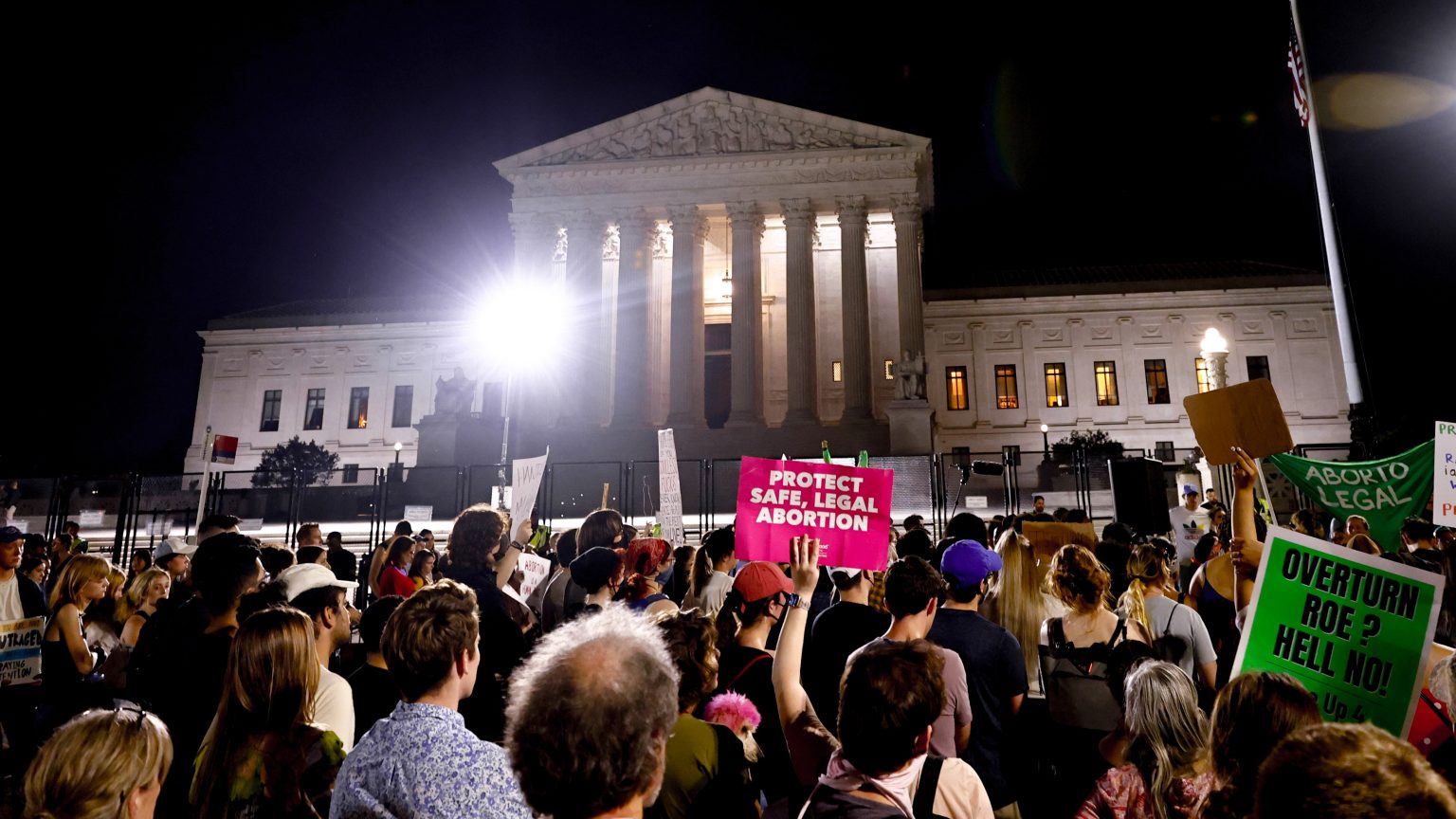The Supreme Court will consider another abortion case on Wednesday regarding Idaho’s Defense of Life Act, which makes it a crime for medical providers to perform abortions with exceptions for rape, incest, and the life of the mother. The Biden administration argues that Idaho’s law does not allow enough abortion access in medical emergency situations, leading some to claim that the administration is using a federal law as an “abortion mandate” to benefit the president ahead of the 2024 elections. Idaho maintains that it is up to the states to decide on abortion laws, not the federal government.
The Justice Department argues that Idaho’s law is more restrictive than the Emergency Medical Treatment and Labor Act (EMTALA), which provides protections for patients facing health emergencies. Idaho, however, accuses the administration of manipulating EMTALA and insists that both laws should be able to coexist. Proponents of Idaho’s Defense of Life Act argue that it allows for treatment in emergency situations where the mother’s life is in danger but does not consider it an abortion.
The White House criticizes the 21 states enforcing abortion bans for causing chaos and confusion. Conversely, the Biden administration insists that hospitals must provide health and life-saving care to patients in emergencies covered by EMTALA. The Center for Reproductive Rights has also filed a lawsuit against Idaho’s abortion ban, calling it a “six-week ban” with “vigilante”-style civil liability provisions. Despite opposition, Idaho continues to defend its law in the face of legal challenges.
The Emergency Medical Treatment and Labor Act (EMTALA) was signed into law in 1986 to prevent hospitals from turning away patients who need critical medical care. Following the Dobbs decision in 2022, which overturned Roe v. Wade, the Biden administration utilized EMTALA to impose an “abortion mandate” for the first time in the law’s history, sparking legal challenges. Proponents argue that the administration’s reinterpretation of EMTALA is subverting states’ rights and pushing unwanted abortion laws onto states.
Republicans have largely remained quiet as Democrats criticize the Supreme Court’s handling of abortion-related cases. The administration’s legal challenges to state abortion laws are viewed as politically motivated ahead of the upcoming elections. Pro-life advocates believe that the Biden administration is using fear tactics to advance its political agenda, particularly in light of the failed Women’s Health Protection Act. Despite opposition, states like Idaho and organizations such as SBA Pro-Life America continue to fight for their stance on abortion.
In conclusion, the ongoing legal battle between the Biden administration and states like Idaho highlights the contentious nature of abortion rights in the United States. With the Supreme Court set to hear oral arguments on these issues, the outcome could have far-reaching implications for abortion laws and access across the country. The clash between federal and state authority, as well as the political motivations behind the legal challenges, further illustrates the complexity and intensity of the debate surrounding abortion in the US.


